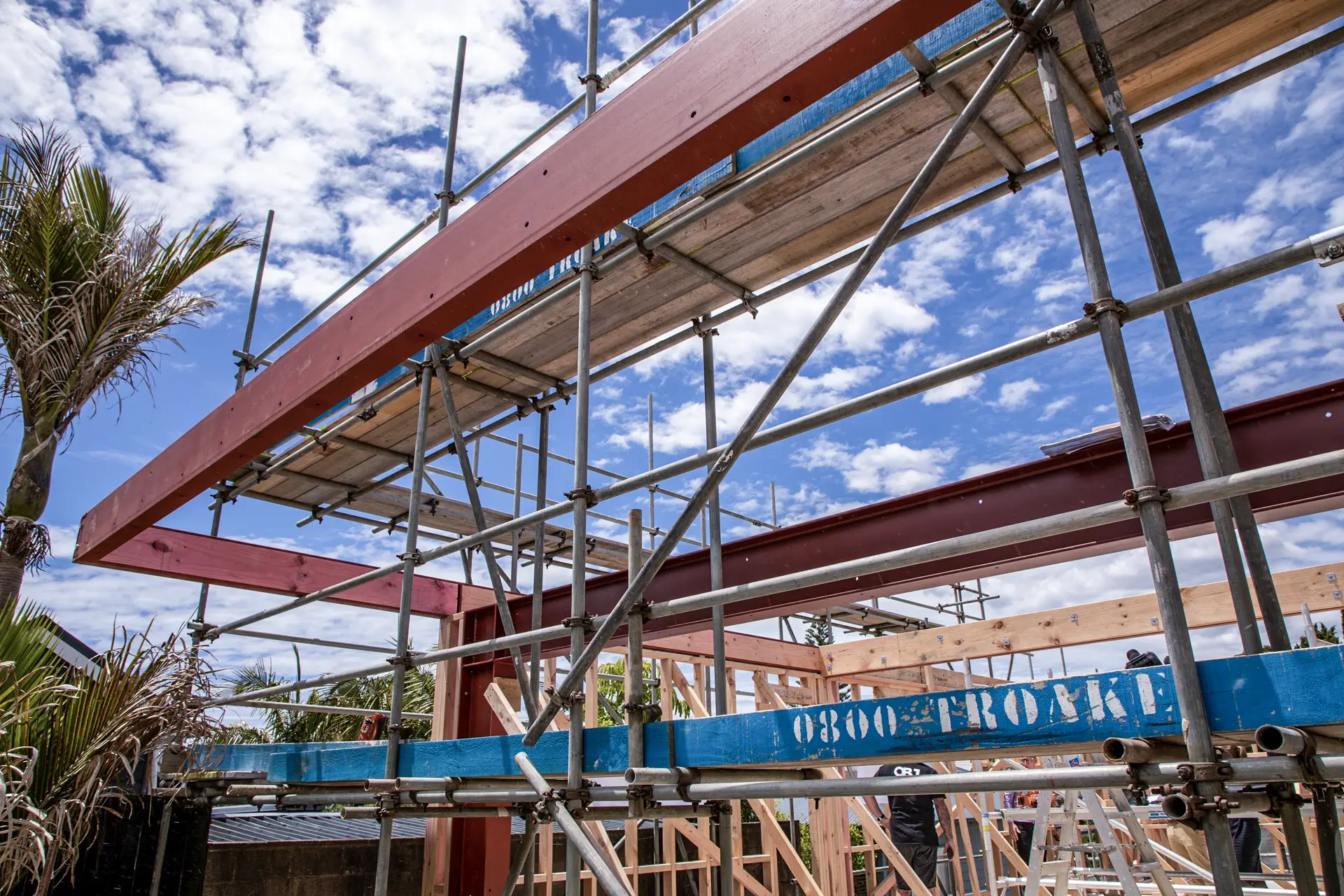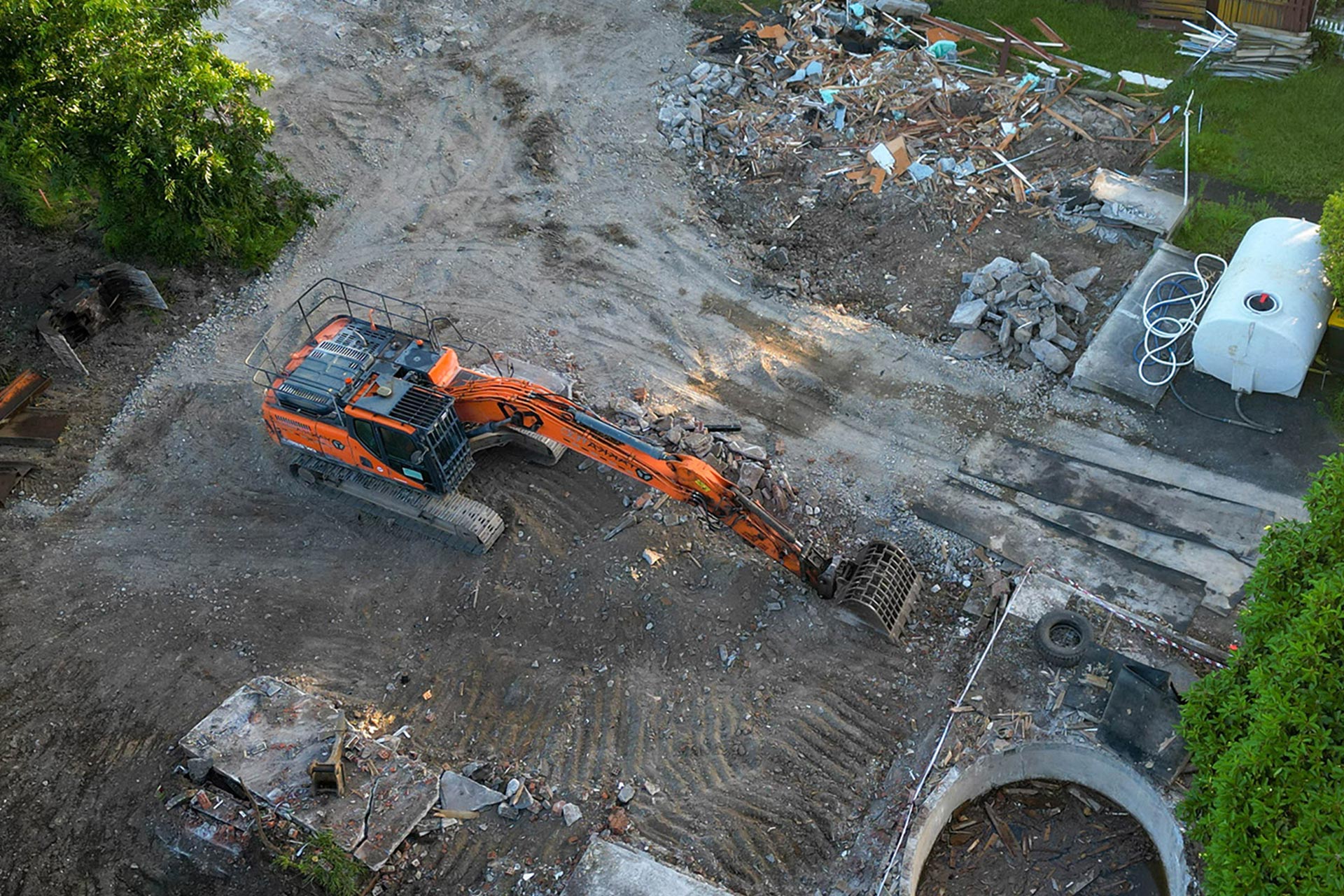New Zealand’s building consent system is undergoing its most significant shake-up in over two decades. The Government has confirmed sweeping reforms, signalling a new era for how building consents and inspections are managed across the country. For building companies, developers, and contractors, these changes will have far-reaching implications—both opportunities and risks.
Why Building Consent Changes Matter
The construction sector has long voiced concerns about delays, costs, and inconsistencies in the consent process. As Building Industry Federation chief executive Julien Leys observed, “Anything where we can address costs and delays is welcome. So, I say, bring it on”.
Key proposals include:
- Voluntary consolidation – allowing councils to combine resources for greater efficiency.
- Regional BCAs – reducing 66 separate authorities to a smaller number of larger regional Building Consent Authorities.
- Single point of contact – enabling builders to submit plans centrally, with inspections potentially contracted to private providers.
From a legal standpoint, these changes alter accountability, increase competition, and create new compliance considerations for construction businesses. Companies will need to adapt to new workflows, reporting obligations, and contractual frameworks.
Stricter Timeframes for Inspections
Alongside consent reform, new regulations now require 80% of inspections to be completed within three working days. Previously, inspection delays could stretch beyond a week, adding significant costs and disrupting projects. With every lost day estimated to cost around $400, this is a welcome development for the industry.
However, the regulation places pressure on councils to meet performance standards and raises questions about how flexibility will be applied—particularly with risk-based approaches and remote inspections. Builders and developers should be mindful of potential disputes if inspection delays continue despite statutory targets.
Who Will Be Affected?
- Building companies and contractors: Will face new compliance frameworks, greater opportunities for efficiency, but also more scrutiny over liability.
- Councils and BCAs: Must adapt to new service delivery models, which may involve restructuring or outsourcing.
- Homeowners and developers: Stand to benefit from faster processing and new exemptions (such as granny flats up to 70 square metres without consent).
A critical legal issue will be liability. The Government has indicated its intent to rebalance the system so that “cowboy builders, not councils and their ratepayers, are held accountable for the cost of shoddy work”. This shift means construction companies must take greater responsibility for quality assurance, as contractual protections for councils tighten.
Risks and Legal Considerations
While the reforms aim to cut inefficiencies, there is concern that poorly implemented changes could expose the industry to risks similar to past crises such as leaky homes. Ensuring clarity of responsibility, particularly where private providers are involved, will be crucial. Contracts, warranties, and indemnities will all need to be reviewed and strengthened.
Key Takeaway
The building consent changes present both opportunities and challenges for the construction sector. Faster inspections and reduced regulatory burdens are welcome, but businesses must prepare for new compliance standards and heightened accountability.
Wynyard Wood has specialists in construction law and can help building companies navigate these reforms—ensuring contracts, liability settings, and compliance strategies protect your business interests. Contact us today for practical legal advice on building consent changes.
Related Articles:
Related Services:
If you are involved with a building project and need legal assistance, we can help you objectively review your circumstances, and what next steps are most appropriate for your situation.
Read More
The legal rules surrounding property are constantly evolving. See here for the many ways that we can help.







